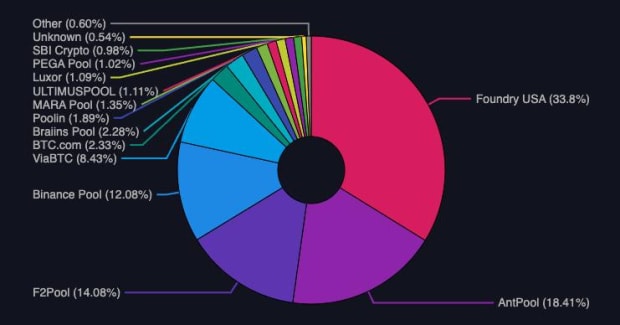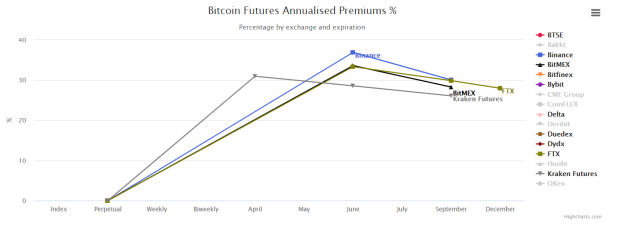Despite Setback in Ohio, Tax Payments in Bitcoin a Viable Trend
In early October 2019, Ohio suspended its program for collecting business taxes using bitcoin due to regulatory issues. Nevertheless, there is a significant, growing trend in using the world’s premier cryptocurrency for tax payment purposes in multiple jurisdictions around the world.
In November 2018, State Treasurer of Ohio Josh Mandel launched a project to allow businesses to pay their state taxes using bitcoin, leveraging a portal powered by BitPay, an Atlanta-based payment processing firm. The project was going steadily, albeit with little initial interest, when Mandel’s second term as treasurer came to an end without eligibility to run for the same office again.
Following the transition of the subsequent treasurer, Robert Sprague, Ohio suspended the bitcoin taxes program. Notably, the number of businesses participating in the program was not a factor in this decision, even though the participation level was fairly low. Instead, the primary concerns appear to have been related to regulation, including questions as to whether or not this program was established through the proper channels, and whether or not BitPay was given an unfair advantage in being the sole processor for it.
It is currently unclear if the new administration has any interest in restarting the program, even if these questions were to be resolved.
Bitcoin for Taxes Beyond Ohio
Nevertheless, there have been a handful of other cryptocurrency tax initiatives launched around the country and world.
In Florida’s Seminole County, for instance, tax collector Joel Greenberg has established a similar plan to Ohio’s. And so have multiple cities in the province of Ontario, Canada, overcoming a plethora of obstacles that still stand in the way of cryptocurrency adoption.
“Regulatory clarity is one of the main obstacles for mass use of cryptocurrency, but lack of education, awareness and available services are equally as important,” said Andrei Poliakov, CEO and co-founder of Coinberry, a Canadian exchange that has played a key role in facilitating tax payment programs.
Poliakov added that, currently, cryptocurrency tax programs are very much in their infancy, and that there are several areas that both businesses and regulators can work to improve on.
Nevertheless, Poliakov noted that people at Coinberry were “very excited” by the company’s current progress, saying “we have had tax payments (plural tense) made in bitcoin in Canada since we went live with the first, historic, payment earlier this year.”
Poliakov also spoke on some of the advantages of not requiring government offices to directly process crypto assets themselves. Instead, Coinberry acts as an intermediary “within the current regulatory framework” and reduces volatility concerns for governments, merchants and users by instantly converting crypto assets into fiat themselves. Those dollars are then used to pay the taxes when applicable. Considering that the exclusive role of BitPay has proved a thorny issue in Ohio, this approach in Ontario seems well-equipped to handle an unclear regulatory ecosystem.
“We are fielding requests from cutting edge municipalities in Ontario and across the country, for tax payment processing purposes and beyond,” said Poliakov. “This has caught the attention of the provincial government as well, which would be a huge step forward for the industry.”
The post Despite Setback in Ohio, Tax Payments in Bitcoin a Viable Trend appeared first on Bitcoin Magazine.









